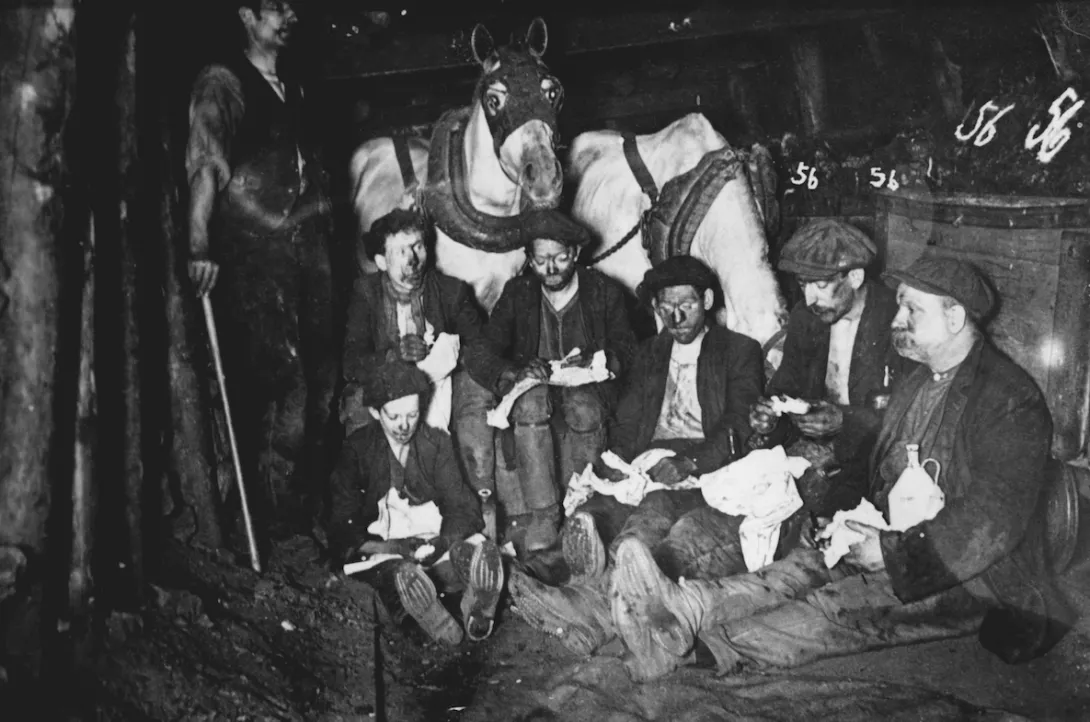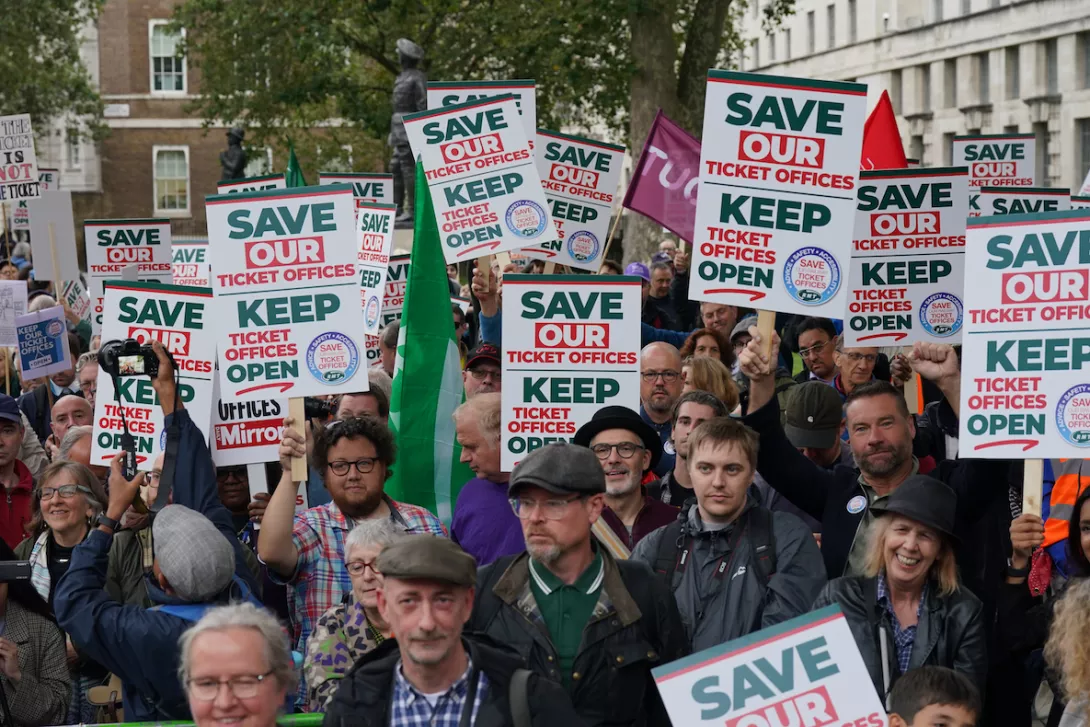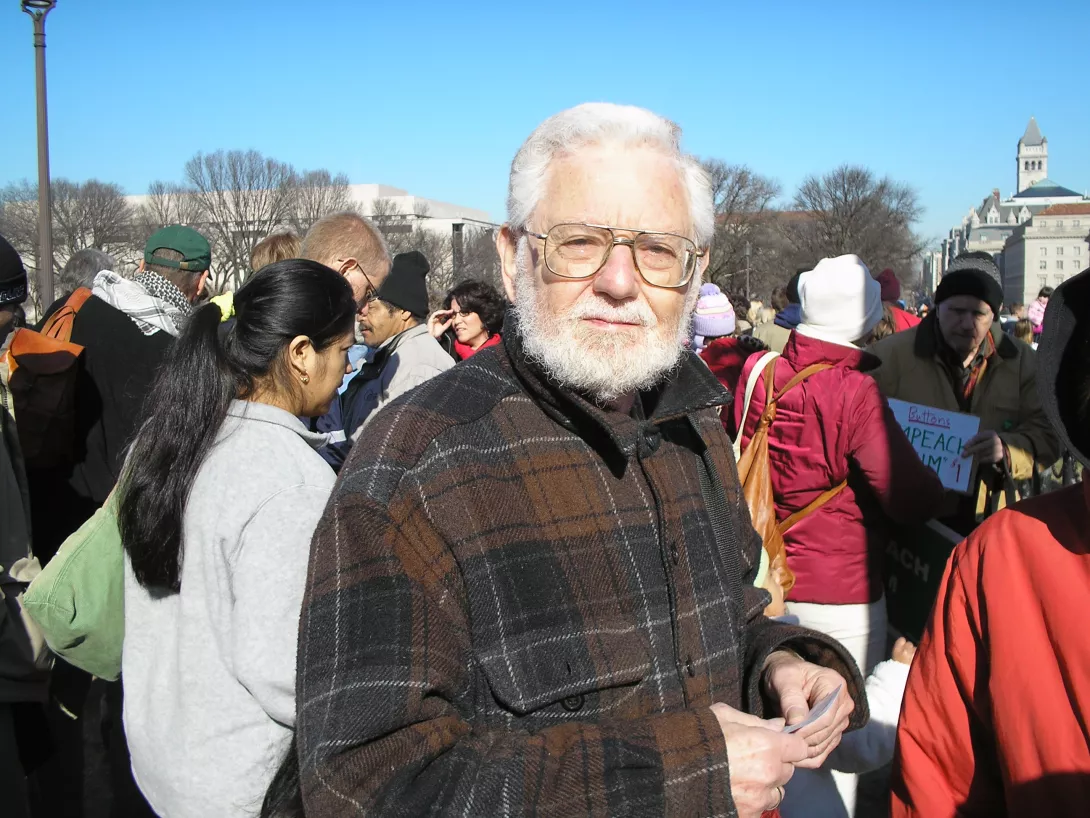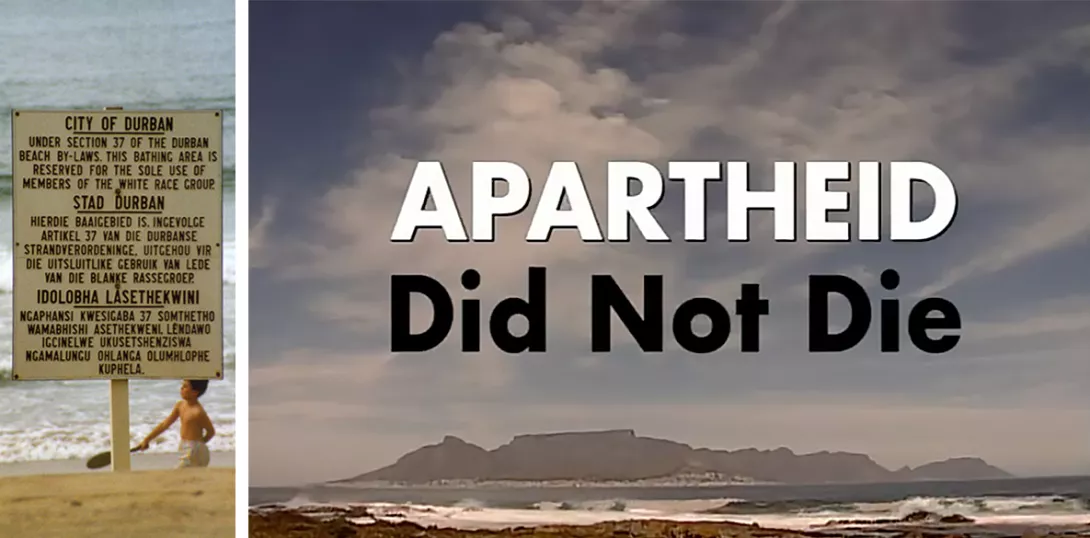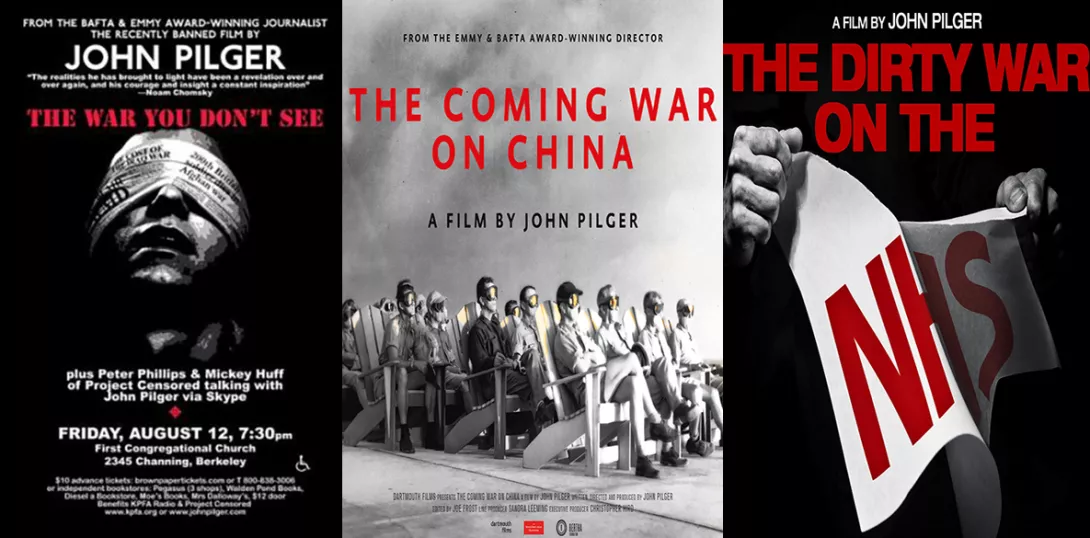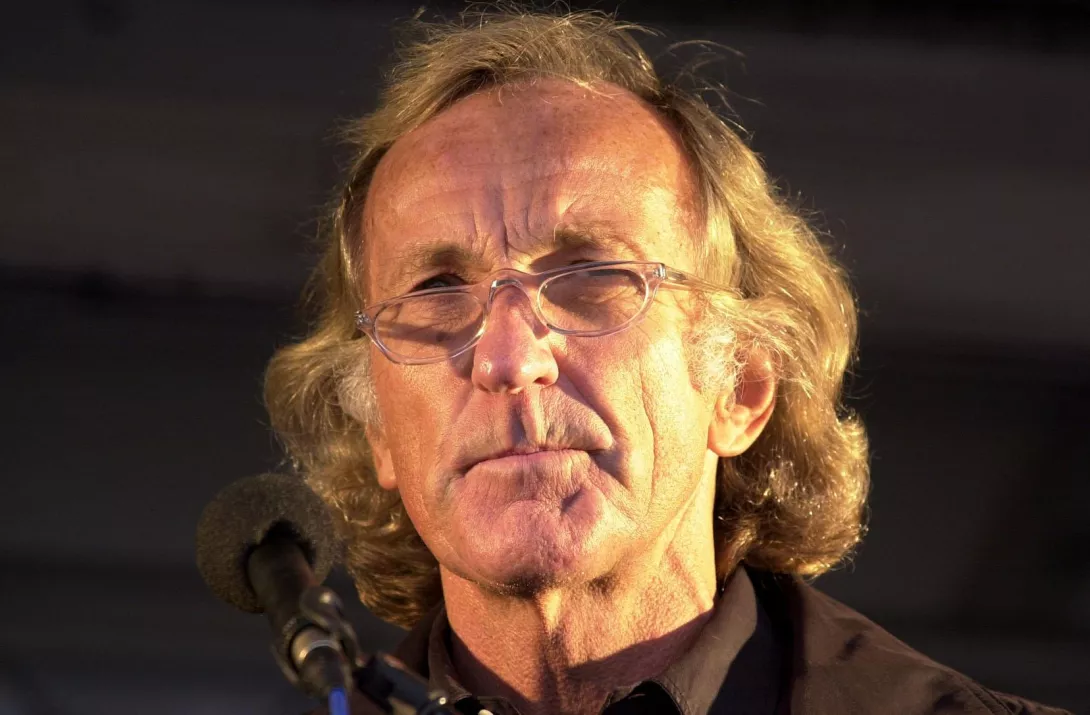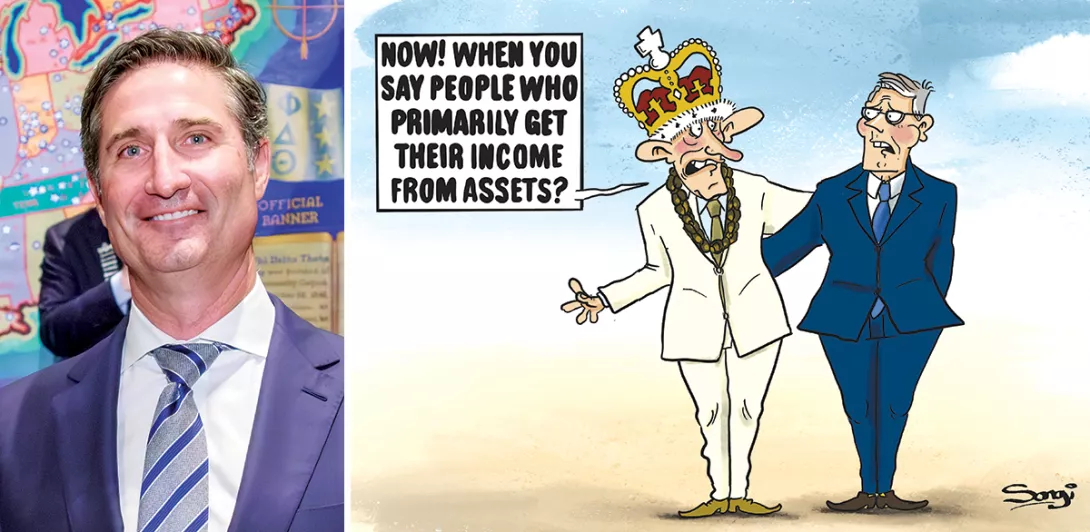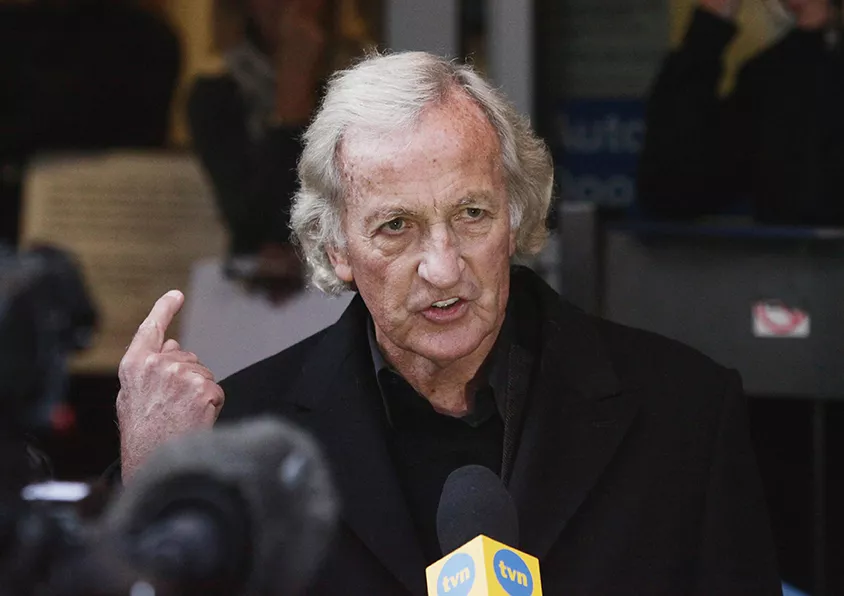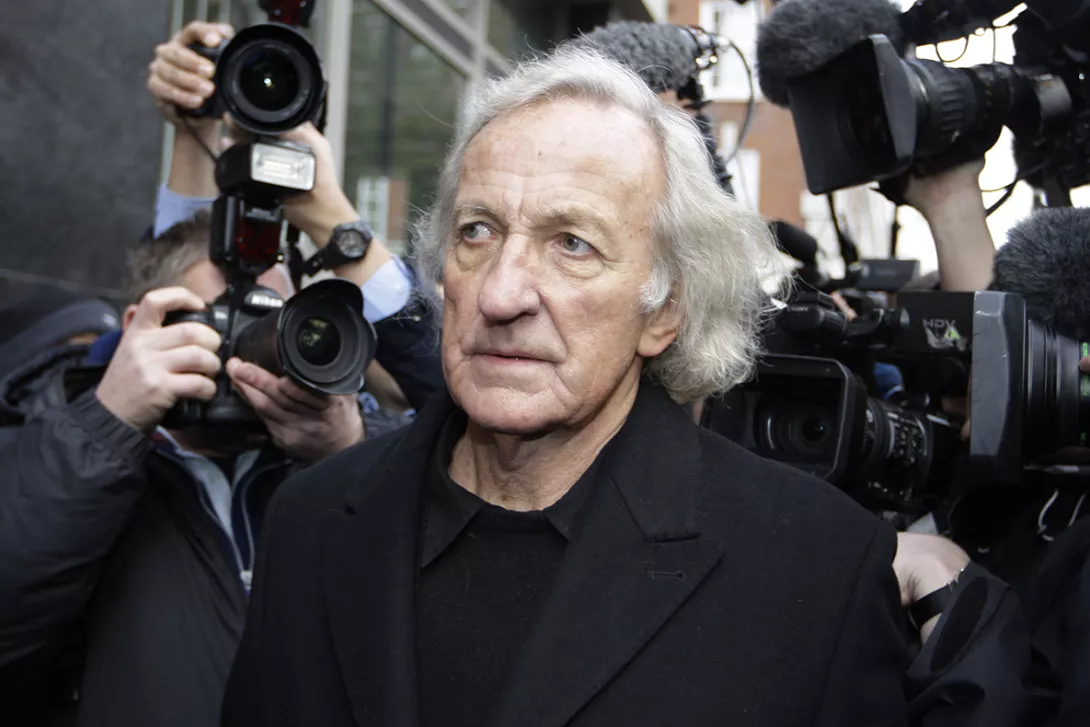
JOHN PILGER has passed away. And what can one possibly say about this great man that will do him justice? Where are the words that can convey how inspirational and important he was? Not only his unparalleled journalism, but the man himself, made John universally admired and respected, because his journalism was the outward manifestation of a deep humanity that fuelled everything he did.
I was privileged to meet him and email with him a little, which led to the greatest thrill of my life when, after I told him I was writing an article about Syria, he replied: “I’d like to see that when you’ve written it, Alison.” Can you imagine my euphoria? I have independent journalist friends who also corresponded with him and got to experience his immense generosity of spirit.
It is our great fortune that John possessed the most remarkable skill in communicating like no-one else the truth behind the major injustices of our time. The wars that tore the world apart in the 20th and 21st centuries, and the suffering of their countless victims, were his concern.
It was this all-encompassing empathy that was the pilot-jet for his relentless drive to expose the real motives of governments and power elites who wage endless wars based on propaganda and who can rely on the unwavering loyalty of the so-called journalists of the mainstream media.
This ultimately catastrophic reliance on information fed to them by official sources is in complete contrast to John Pilger’s own integrity-driven journalism. “It is not enough,” he declared, “for journalists to see themselves as mere messengers without understanding the hidden agendas of the message and the myths that surround it.”
In his 2010 documentary, The War You Don’t See, John tackled this problem head-on confronting Fran Unsworth, head of newsgathering at BBC News and ITV News editor in chief, David Mannion, on the failure of their reporters to challenge the stream of lies coming from government and intelligence sources.
John is told, and concludes, that the Iraq war could never have been prosecuted without the collusion of the corporate media in refusing to challenge the tainted information flowing from the Foreign Office and US State Department.
Carne Ross, known as “Mr Iraq” when he worked at the FO, tells John starkly in the film that if his media contacts were reticent in repeating his version of events on air, “we would freeze them out.”
John also questions Unsworth about the pressure Israel exerts on the BBC (and all news organisations) which leads to a fear in the newsrooms about what, and how, they should report on Israel/Palestine.
Unsworth denies the fear but not the pressure just as the film cuts swiftly to Professor Greg Philo of the Glasgow University Media Group, co-author with Mike Berry of the research study, More Bad News From Israel. Philo confirms his meetings with BBC journalists, highlighting one with “a high-level producer in UK TV news” who stated, in these “exact words”: “We live in fear of the phone call from the Israelis.”
The War You Don’t See was released in 2010, just a year after Israel launched its devastating attack on Gaza, Operation Cast Lead. John wrote at the time of “the small cocoons of murdered children, wrapped in green, together with boxes containing their dismembered parents, and the cries of grief and rage of everyone in that death camp by the sea…”
He continued: “In Gaza, the enforced starvation and denial of humanitarian aid, the piracy of life-giving resources such as fuel and water, the denial of medicines and treatment, the systematic destruction of infrastructure and the killing and maiming of the civilian population, 50 per cent of whom are children, meet the international standard of the Genocide Convention.”
It is poignant in the extreme that 13 years after John wrote this, and just as he was leaving us, South Africa filed a case with the International Court of Justice accusing Israel of genocide. Some 1,417 dead, including 313 children, and more than 5,500 wounded was the human cost in Gaza when Israel had finished “mowing the lawn” in 2010.
2014 saw its next “mowing.” During Operation Protective Edge, John wrote: “For years, reporters have watched Israeli soldiers bait Palestinian children by abusing them through loud-speakers then shoot them dead. For years, reporters have known about Palestinian women about to give birth and refused passage through a roadblock to a hospital and the baby has died, and sometimes the mother.
“For years, reporters have known about Palestinian doctors and ambulance crews given permission by Israeli commanders to attend the wounded or remove the dead, only to be shot through the head. For years, reporters have known about stricken people prevented from getting life-saving treatment, or shot dead when they’ve tried to reach a clinic for chemotherapy treatment. One elderly lady with a walking stick was murdered in this way — a bullet in her back.”
Such atrocities are usually reported as “caught in the cross-fire,” John reminds us, continuing: “For as long as I have covered the Middle East much if not most of the Western media has colluded in this way” before referencing Greg Philo and his colleagues once again who were “shocked to find a public ignorance compounded by TV news reporting. The more people watched, the less they knew.”
No wonder, then, that the media discourse since October 7 has been based on the false premise that unprecedented violence was unleashed on that date against which Israel must defend itself. After Operation Protective Edge Israel had killed more than 2,000 Palestinians including more than 500 children with more than 10,000 people injured.
Unreported also is the crucial context which reveals the Israelis breaking ceasefires while the lie — which I have heard repeated uncritically by Israel apologists even in recent days — that “we can’t negotiate with Hamas because they are dedicated to the destruction of Israel” is allowed to persist.
John wrote nine years ago: “Hamas has repeatedly offered a 10-year truce with Israel and has long settled for a two-state solution. When Medea Benjamin, the fearless Jewish American activist, was in Gaza, she carried a letter from Hamas leaders to president Obama that made clear the government of Gaza wanted peace with Israel. It was ignored. I personally know of many such letters carried in good faith, ignored or dismissed.”
John made two documentaries, both titled Palestine is Still the Issue, made in 1979 and 2002, which resulted in death threats for him and his family amid an orchestrated zionist-led campaign accusing him of “anti-semitism,” the same playbook being used today to deter criticism of Israel even as over 11,000 children lie dead in Gaza, the overall death toll in excess of 21,000 as I write, and rising daily.
Right to the end John was still fighting for justice. In November he wrote on social media: “When I was last in Gaza, the Israeli air force terrorised the population by flying fast and loud and low at night. All children bed-wetted and had violent nightmares, said a psychologist, and were ‘damaged forever.’ Such is Israel’s exercise of its ‘right to self-defence’.”
John Pilger’s huge empathy infused every report he made, and every book and article he wrote. He was openly critical of corporate media hacks who, like the BBC’s David Loyn, believed “emotion is the stuff of propaganda and news is against propaganda.” “Did he write this with a straight face?” John asked.
In his 1979 film on Cambodia, Year Zero, John’s “spontaneous, vivid reporting of the power politics that caused such suffering is a model of anger suppressed.” And that is exactly as it should be. Not “journalists” clinging to their official distortions in humanity-free reports and labelling it “objectivity.”
Year Zero shocked the world. “The genocide of Pol Pot,” John told the audience, “was begun by Richard Nixon and Henry Kissinger.” The US blockade that followed caused mass starvation, the scenes so horrific that Pilger’s cameraman Gerry Pinches filmed emaciated, dying children “through his own tears.”
The British Film Institute lists Year Zero in its top 10 documentaries of the 20th century. The response to its broadcast was phenomenal, the public outpouring overwhelming, proving that if audiences are allowed to see the truth, they will react with a compassion that is routinely and deliberately quashed by “journalists” who are no more than stenographers for state power.
The info for Year Zero on Pilger’s website reads: “Near the end of the film he [John] refers to a starving boy whose screams can be heard rising and falling in agony. ‘Of course,’ he says directly to the camera, ‘if you’re in Geneva or New York or London, you can’t hear the screams of [this] little boy’.”
A pointed and rightful signal to those who could end suffering but do nothing — John had personally attempted to secure aid by contacting the Australian ambassador in Bangkok but was simply ignored. How the screams of the children of Gaza must have been ringing in his ears these past three months as governments that lecture the world on human rights voted to do nothing.
The scenes have been, and are, indescribable in their horror. But to the very end John was speaking out: “The Palestinians are again fighting for their lives,” he wrote in one of his final social media posts, “refusing to live in the prison known as Gaza, controlled and policed by Israel with Palestinians killed and maimed, unreported, day after day. Now their resistance, to which they have a right, is called ‘unprovoked’.”
Wherever the oppressed were, John was there. Always he was there. Unrelentingly documenting the crimes of Western powers and their allies so that the truth could never be buried while he was dismantling their lies. His books, articles and documentaries are astounding works of authentic journalism, bursting with facts and analysis that come crashing like a tsunami over the edifice of propaganda shamelessly maintained by the legacy media.
John has spoken up for real journalists unflinchingly, giving his support to Vanessa Beeley, whose courageous reporting from on the ground in Syria has given us vital documentation of Nato’s and its allies’ crimes there. John championed Julian Assange to the very end, never failing to come down on the side of authentic journalism which exposes the criminality of the power elites rather than the pretence of journalism which colludes with them. “Julian Assange is the courageous embodiment of a struggle against the darkest, most oppressive forces in our world,” he declared.
Julian’s wife Stella paid this heartfelt tribute to him on social media: “Our dear dear John Pilger has left us. He was one of the greats. A consistent ally of the dispossessed, John dedicated his life to telling their stories and awoke the world to the greatest injustices. He showed great empathy for the weak and was unflinching with the powerful. John was one of Julian’s most vocal champions but they also became the closest of friends. He fought for Julian’s freedom until the end. ‘We are all Spartacus if we want to be,’ he wrote in his last published piece. This was John, challenging us until the end. Let’s always seek to rise to the challenge. Thank you, dear friend.”
Thank you John. From all of us.
